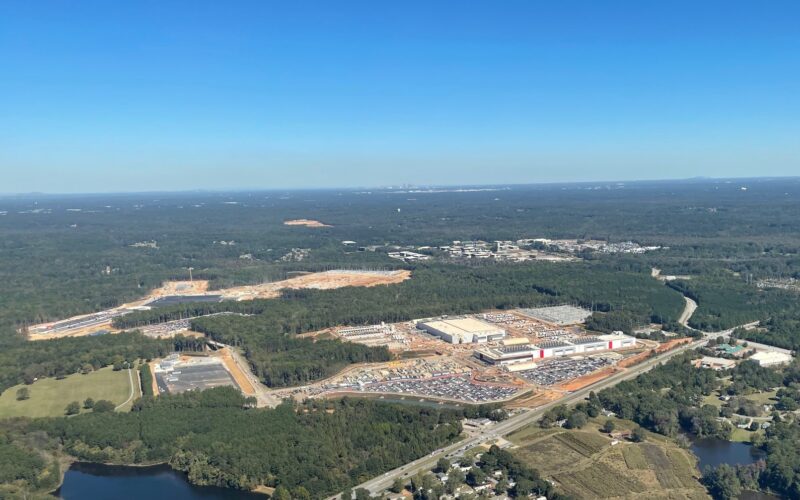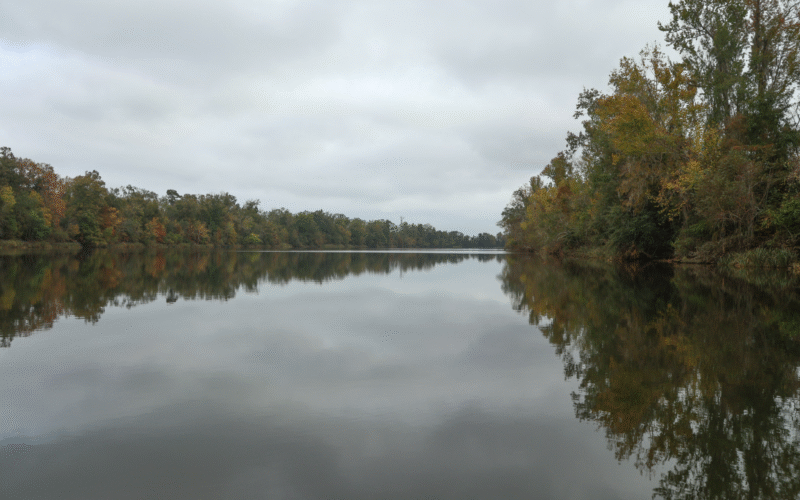What if the Chattahoochee River National Recreation Area went away? What if the United States government sold public land to developers, states, cities, and counties?
The Trump administration and Congress have proposed cutting $1 billion from the National Park Service budget – about 1/3 of the agency’s current budget. A reduction of that magnitude would be disastrous for the Chattahoochee River National Recreation Area (CRNRA) and Georgia’s 10 other parks and monuments, and hundreds more across the United States.
Slashing the budget would likely require closure of parks, cuts to staff, and reductions for trash pickup, trail maintenance, restroom cleaning, and public safety. After initial cuts of at least four staff positions in February, the CRNRA is already understaffed with less than two dozen park rangers to manage the 48-mile Park.
It’s more than just a park
On August 15, 1978, President Jimmy Carter signed the legislation creating the Chattahoochee River National Recreation Area. This preserved a 48-mile stretch of the Chattahoochee upstream of Atlanta as a National Park, covering 10,000 acres of forested land. The Park provides essential buffers along our river that slow stormwater runoff, filter pollution, prevent erosion, and shade the river.
These benefits protect the drinking water supply for much of metro Atlanta; 70 percent of the area’s drinking water is drawn from the Chattahoochee River just downstream of the Park.
What’s at stake
The National Park Service partners with CRK and the United States Geological Survey (USGS) on BacteriAlert, which is essential to keeping the public safe and our river clean. When Fulton County’s Big Creek wastewater plant quietly failed in June of 2023, water quality issues were first detected by BacteriAlert. The Park’s staff provided critical help to CRK to find the source. The CRNRA rangers also issued a multi-week closure of the river that was essential to protecting the swimming, fishing, and paddling public from contacting contaminated water downstream of the plant.
In addition to protecting Atlanta’s drinking water, the CRNRA is one of the largest urban parks in the U.S. and holds 20 percent of metro Atlanta’s greenspace. Its numerous recreational benefits include:
• Fishing – one of only a few urban trout fisheries in the U.S.
• Paddling – numerous boat ramps and outfitters that generate revenue for the park
• Hiking – 66 miles of trails across 15 land units
• Wildlife habitat – home to bald eagles, river otters, trout, beavers, deer, and other native species
The Park consistently ranks as one of the most popular in the country, at times receiving more annual visitors than the Grand Canyon or Yosemite. And not everyone is from Atlanta. According to one outfitter, 40% of kayak and tube rentals are from people who live in other places. In communities nearby, the Park supports over 2,000 jobs and generates over $161 million in revenue.
TAKE ACTION: Cuts to the National Park Service’s budget will threaten the CRNRA and endanger drinking water quality within the Chattahoochee River Basin. Public health, wildlife ecosystems, and the local economy are also on the line.
Contact your legislators and urge them to reconsider cuts to the National Park Service. Tell them to Protect our Parks! Fill out the customizable email message template below.
To edit your message, fill out your contact information on the left and click “edit messages.” For questions about this form, please contact Rosemary Pitrone at rpitrone@chattahoochee.org.



